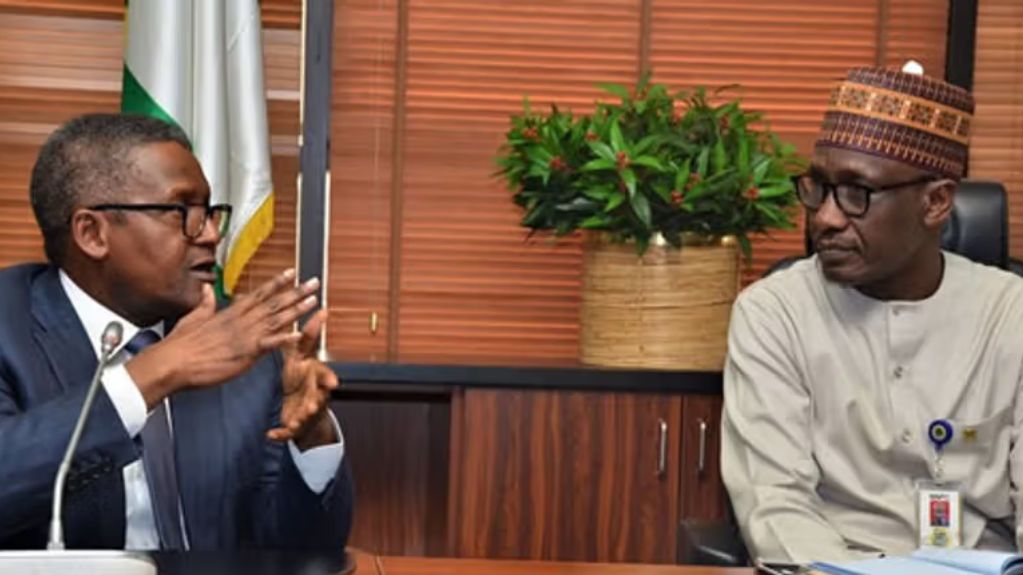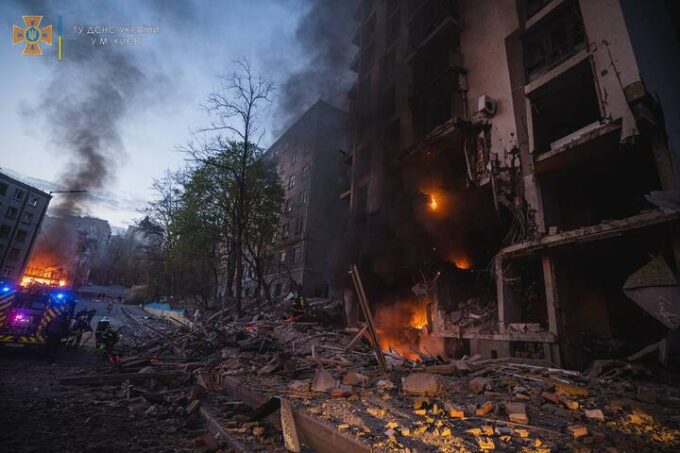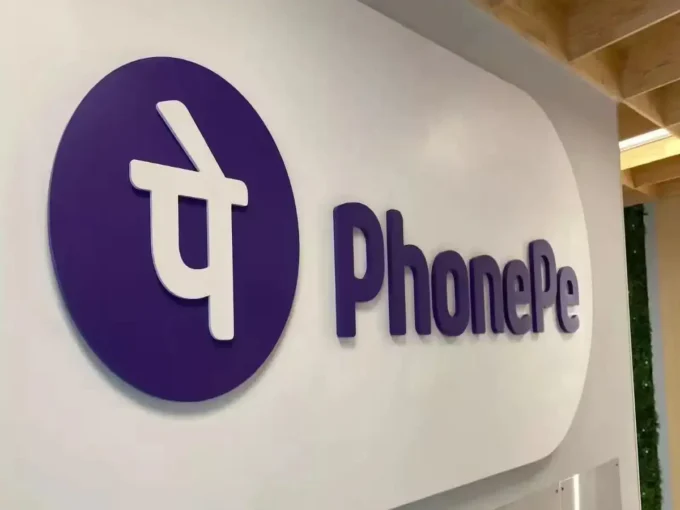The Nigerian National Petroleum Company Limited (NNPC), the country’s oil regulatory body, has opted for a hands-off approach regarding operations at Dangote Refinery. This development means that fuel pricing will now be dictated by market forces as set by the Dangote refinery and its associated marketers. This decision follows the recent government announcement that it has commenced the sale of crude oil to Dangote in Naira, Nigeria’s native currency.
The NNPC has stated that it will relinquish the exclusive purchasing rights it has maintained with the Dangote refinery since its inception. This move allows Dangote to negotiate directly with independent marketers to establish market prices for fuel, a shift prompted by the House of Representatives’ call for the federal government to direct NNPC Ltd to allow independent marketers to purchase gasoline straight from the refinery.
Oboku Oforji, a member of the House from the People’s Democratic Party (PDP) representing Bayelsa, remarked on the monopolistic practices that have persisted, stating, “NNPCL and the major marketers being the exclusive off-takers spells monopoly, which is tantamount to greed. This is the same NNPC Ltd that has failed to manage our crude and refineries for decades.” This perspective underscores a growing frustration with the current state of Nigeria’s oil sector, where inefficiencies have long plagued operations.
Since its operations commenced, the Dangote refinery has been at the center of debates regarding the pricing of locally produced petrol, which has remained comparably expensive to imported alternatives. Previously, the NNPC had announced it would procure gasoline from Dangote Refinery at N898.78 per liter and sell it to retailers for N765.99 per liter, necessitating a subsidy of approximately N133 per liter. However, the dynamics have shifted.
In mid-September, as Dangote initiated distribution of his refined petrol, NNPC proclaimed itself the exclusive distributor of the product while supplying roughly 385,000 barrels of crude oil daily to the Dangote facility. During this time, the NNPC extracted approximately 103 million liters of gasoline from the refinery, loading around 2,207 of the 3,621 trucks dispatched for distribution. Notably, at that point, only about 5% of local fuel traders were sourcing products from Dangote, compelling the refinery to restrict its diesel sales to a mere 29 tankers per day.
As discussions continued around petrol pricing, there was initial confusion over who would ultimately determine the selling price for Dangote fuel. While Dangote had indicated that pricing would be approved by the Federal Executive Council under President Bola Ahmed Tinubu, there were ongoing deliberations about permitting the Dangote refinery to set prices independently.
Starting October 1, 2024, the Nigerian government began selling crude oil to Dangote and other refineries in Naira, mandating that Dangote deliver both diesel and petrol of equivalent value to the local market, as reflected in the Naira. This policy change aims to stabilize the economy and foster growth within Nigeria’s economic landscape.
Finance Minister Wale Edun, in a statement released on October 5, 2024, emphasized the significance of this policy, noting it as a crucial step taken by the government to bolster economic stability and promote sustainable development. With these developments, the dynamics of Nigeria’s fuel market are poised for transformative change, with implications for pricing, supply, and ultimately, the nation’s economic health.














Leave a comment